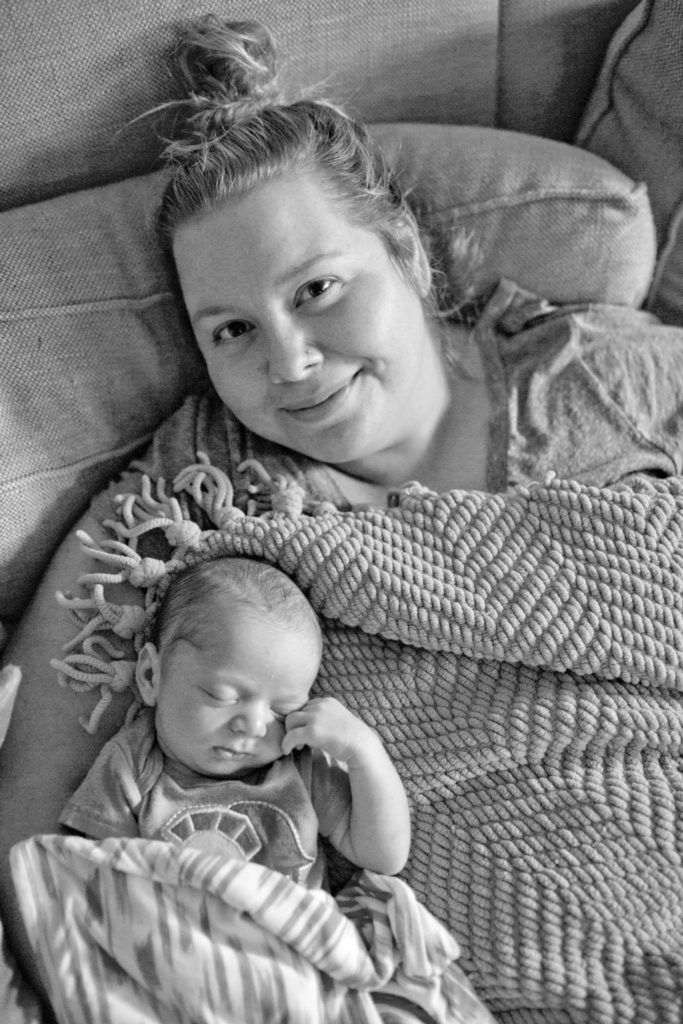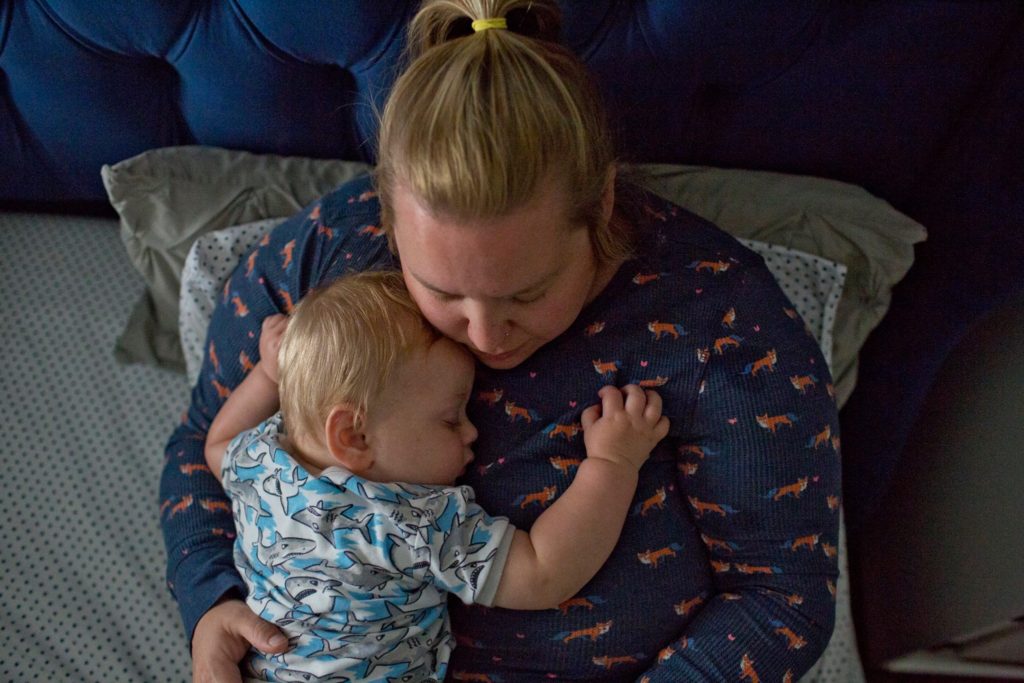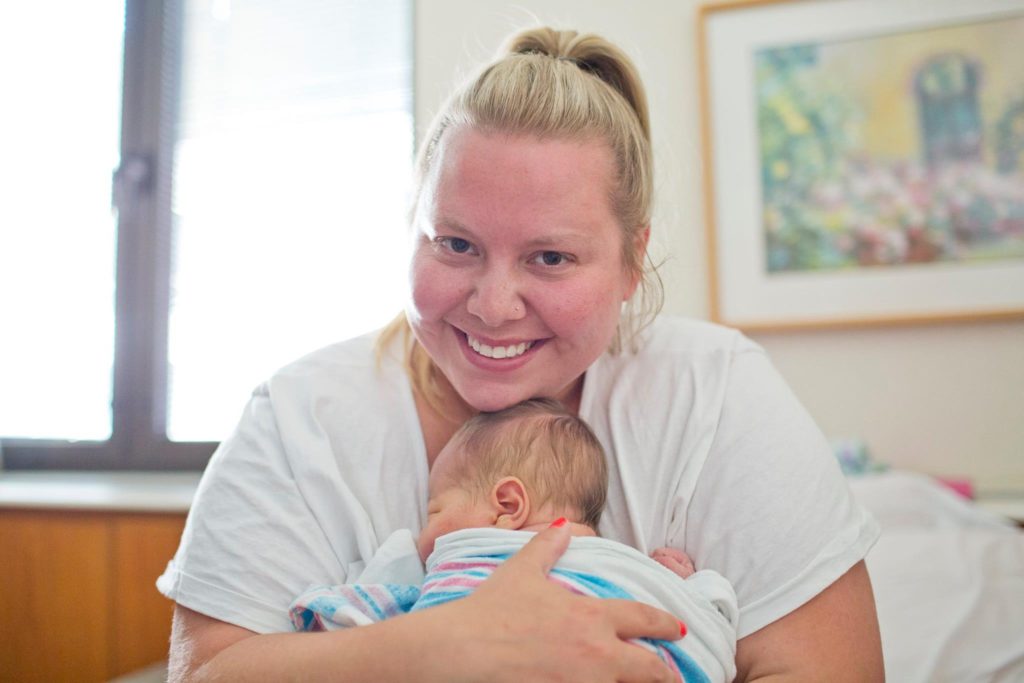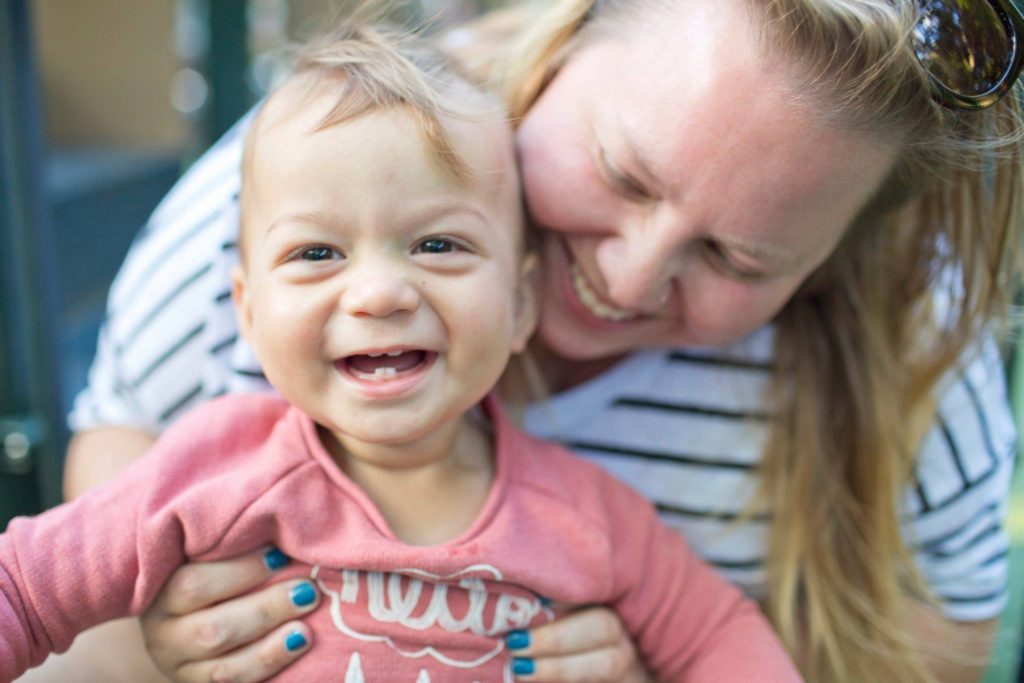Trust me, I am also surprised to be quoting J. Lo’s character in Hustlers without so much as a hint of irony. If you haven’t seen the movie yet, I just saved an hour and 50 minutes of your life, because this one line is the only part worth remembering. You’re welcome.
But the context of this line, which J. Lo’s character, Ramona, repeats twice throughout the movie, is essentially this: once you are a mom, you are never again not a mom. Being a mom is the thing that your entire intellectual and emotional universe will forever revolve around. Every choice you make–good or bad–will forever be informed by, damn near inseparable from, the fact of your motherhood.
So, even though the movie is pretty much shit, otherwise, I cried. I cry at a lot of movies and TV shows and books lately, all in which I am suddenly able to glean some sort of theme that links back to being a mom.

I became a mom, and everything else became about being a mom. Call it a narcissistically self-centered world view, if you must, but nonetheless, show me the most obnoxiously banal commercial about Doritos, and there’s a decent chance that I’ll be able to view it through the lens of parenthood. You’ll watch it and crave neon-orange potato chips, and I’ll watch it and reach for a box of tissues.
The other night, while watching This is Us, which in and of itself is a practice in sado-masochism, Sona looked at me and said, “I don’t think I’ve ever seen you cry so much.”
She didn’t mean just in the hour that Kevin, Randall, and Kate had dug up the time capsule outside of their childhood cabin–the time capsule which was buried a few years before their father, the star of their lives, had died tragically and unexpectedly. The time capsule which contained an audio recording of the aforementioned father, played by Milo Ventimigilia, all brown puppy eyes and beard, telling each of them what he loves most about them. The time capsule which also contained a hand-drawn sketch of the dream home the father wanted to build for his family one day. (Spoiler alert: he would never build said dream home. Thanks, Crockpot.)
No, she meant over the past year or so.

I’m not sure why I’ve become exponentially more emotional as of late. It may have something to do with hormonal changes, but it probably has more to do with the fact that Elias is no longer a baby, which means, of course, that we no longer have babies.
Don’t get me wrong, I’ve been reduced to a proverbial puddle of tears since the second Finn was born. I was already a sentimental sap, but his entering the world really sent me over the edge.
Yet, my emotionality was always tempered by the fact that, even though I love Finn beyond measure and hated to see how quickly he was growing, I knew our family was still growing, too, and another baby would joining us, at some point.
However, that baby came. And he grew, too. And now, he’s not really a baby anymore. He’s a 36-pound toddler-man who says things like “no more momma” when I try to hug him too much.
So, I think what I’ve really been feeling over the past year is the passing of time–and too quickly. How we’ve moved past the point in our lives where we are growing a family, and now we just get to watch our family grow up. It’s a subtle shift, to most, but it’s been a difficult one for me.

Because here is the truth: motherhood is a mental illness, as much as it pains my feminist heart to say so. I have no control–absolutely none–over how desperately and fully and all-consumingly I love my sons. It is a love so big and so fiery that I can’t quite put a cap on it. It gurgles up from inside me in the most unexpected–or, lately, expected–ways.
Recently, we moved Finn’s bed to the other side of his room because he was “scared of what is outside of the window,” which was on the wall where his bed used to be positioned. In its new home in the opposite corner, Finn’s bed now sits squarely under the wall-mounted baby camera which, yes, we still use.

The monitor stays plugged into the outlet behind my nightstand, which means that every night of my life, I sleep with the glowing blue image of Finn just 8” from my face. Now that he has moved, I get a perfect aerial view of his cherubic little face, his cheeks puffed out and his lips just slightly parted as he sleeps, the sock monkey he’s loved since infancy curled tightly into the bend of his right arm.
And every night, after Sona has turned over and has fallen asleep and I finally put my phone in airplane mode, plug it in, and put my own head down, facing the monitor, I cry. Sometimes, it is just the slow, tired trickle of a tear or two. Sometimes, it’s a full-on sob, which I muffle in my pillow, because I don’t want Sona to wake up, hear me, and ask, “Are you crying about the boys again?”
Because, despite the bizarre pacing, the gratuitously indulgent fixation on pole dancing in the first 30 minutes, and some really bad wardrobe choices, J. Lo was on to something: motherhood is a mental illness. I am sick in love, and I’m not sure I can be saved. I am sick in love, and I’m not sure I want saving.
My god, this is so spot-on and wonderful and heartachingly true.